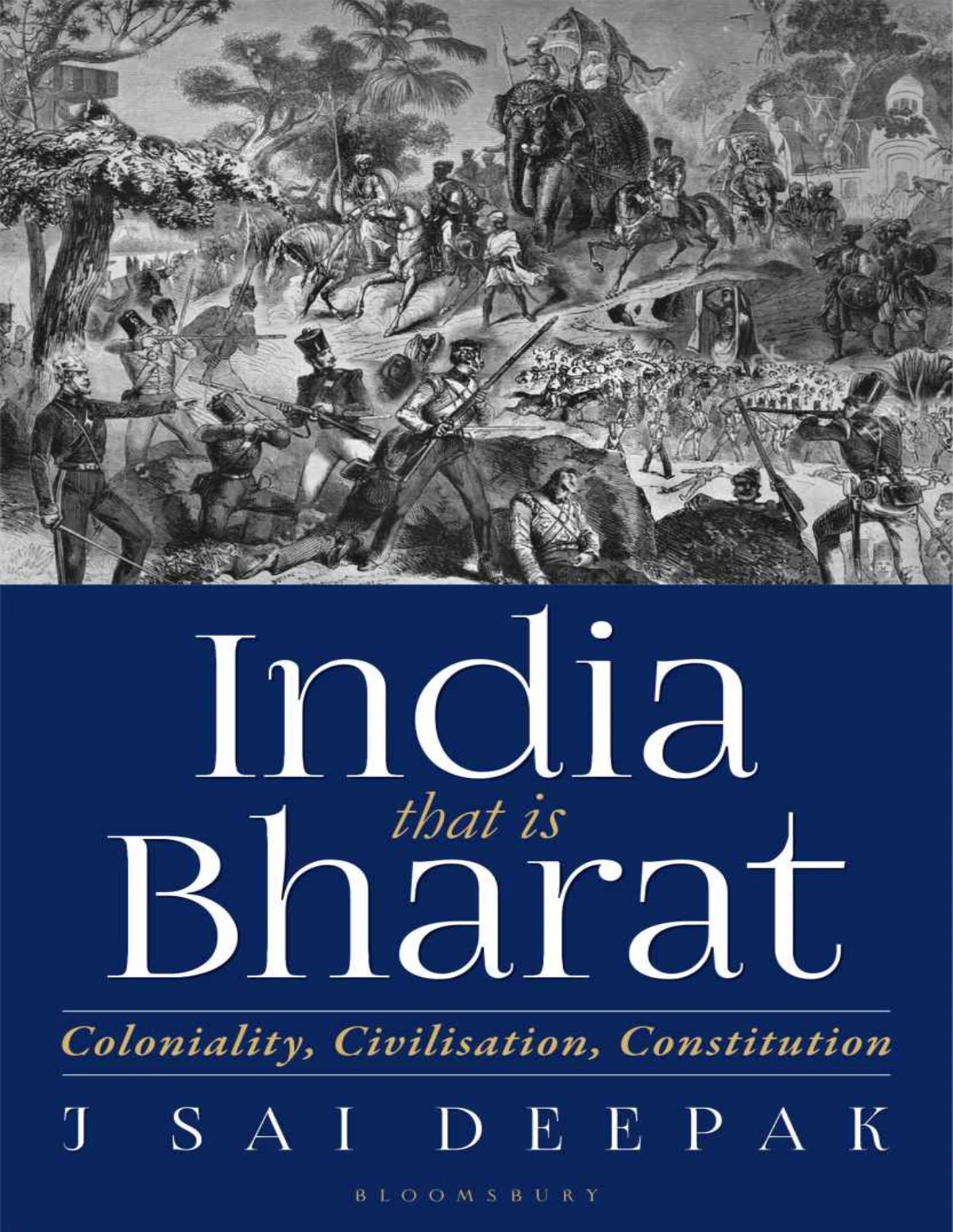
India That is Bharat
The first volume in a thorough trilogy, India, That Is Bharat, examines the impact of European “colonial consciousness” (or “coloniality”), namely its racial and theological foundations, on Bharat as the Indic civilization’s successor state and the foundations of the Indian Constitution. By focusing on the time between the Age of Discovery, which began with Christopher Columbus’s trip in 1492, and the British-made Government of India Act of 1919, which reshaped Bharat, it establishes the groundwork for its follow-ups. This contains global events that had a real influence on this trip and led to the establishment of the League of Nations by Western nations.
Furthermore, this book links Christian political theology to the genesis of ostensibly universal concepts like “toleration,” “secularism,” and “humanism.” We look at their later involvement in using a secularized and universalized Reformation, or constitutionalism, to subvert the native Indic consciousness. To further their mutual dislike of the Indic worldview, it also introduces the idea of Middle Eastern colonialism, which predates that of its European counterpart and is associated with it in the context of Bharat.